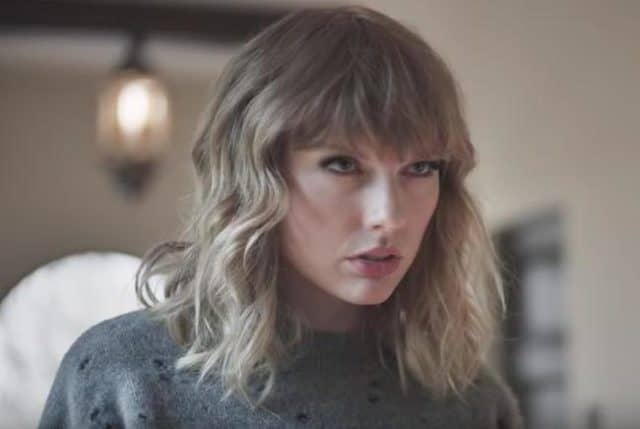
We can begin this article by quoting the reason for the judge’s ruling: “In order for such short phrases to be protected under the Copyright Act, they must be more creative than the lyrics at issue here.” Those lyrics, “players, they gonna play, and haters, they gonna hate” were not considered to be “creative” enough to warrant protection under the existing Copyright Law. Swift’s album, “Shake it Off” was the target of the lawsuit back in 2014 as songwriters Sean Hall and Nathan Butler claimed Swift stole them from their 2001 song “Playas Gon’ Play.”
The full original legal filing can be found here.
The case may not be over just yet because the judge told the songwriters their lawsuit may be considered in a revised version. But the fact that the judge dismissed the lyrics on the basis of not being creative enough to warrant legal protection does raise a question for present and future songwriters — what constitutes creative (and original)?
First, make no mistake. Taylor Swift is a smart and savvy businesswoman and it is likely she anticipated this attempt at a lawsuit given the attempt of a previous lawsuit filed earlier over the same song – which she won. According to Billboard magazine, the song is her biggest Hot 100 hit, remaining on the chart for 50 consecutive weeks in 2014. This lawsuit has taken almost 4 years to make it to court, which may be an indicator as to the legal weight of the lawsuit.
Another problem is that at what point does a commonly used street phrase come under the protection of the law? The Internet has made things very complicated for judges and the law, and the fact that judge allowed a revised lawsuit may mean that the complete phrase may not be entitled to copyright protection. Putting a commonly used phrase into the lyrics of a song may be done, but making the case that those lyrics are both creative and original appears to be a legal stretch. The truth is, many songs today are simply older lyrics with the music changed.
When the content of any work — music, art, a website — is not creative enough to be obvious to its listener or viewer, the legal waters it has to traverse to get a favorable ruling are likely to be deep. The path of success to a favorable ruling needs to veer away from creativity and go … where? The context of the lyrics in question is very different between the songs, so just listening to the lyrics themselves does not appear to have any basis for copyright violation, as the judge decided.
Specific to the Hall and Butler lawsuit, the judge stated that the terms “haters” and “playas” were a common part of the American pop culture when the Hall and Butler lyrics were written. A spokesperson for Taylor Swift said of the lawsuit it is just a money grab. There is a legal phrase that is important to know regarding and potential refiling of the lawsuit – “strikingly similar.” The songs themselves have to meet this criteria, and anyone with the faintest ability to hear will see that is virtually impossible to prove.
 Follow Us
Follow Us




